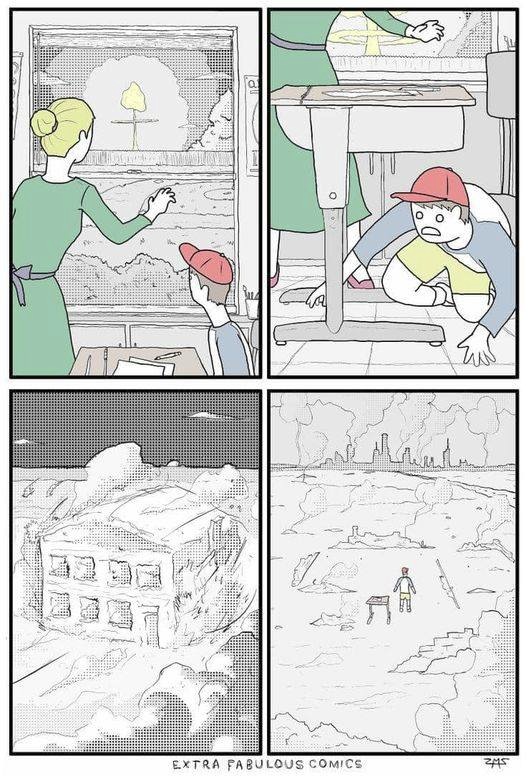this post was submitted on 06 Dec 2024
863 points (99.0% liked)
Science Memes
11426 readers
2595 users here now
Welcome to c/science_memes @ Mander.xyz!
A place for majestic STEMLORD peacocking, as well as memes about the realities of working in a lab.

Rules
- Don't throw mud. Behave like an intellectual and remember the human.
- Keep it rooted (on topic).
- No spam.
- Infographics welcome, get schooled.
This is a science community. We use the Dawkins definition of meme.
Research Committee
Other Mander Communities
Science and Research
Biology and Life Sciences
- [email protected]
- [email protected]
- [email protected]
- [email protected]
- [email protected]
- [email protected]
- [email protected]
- [email protected]
- [email protected]
- [email protected]
- [email protected]
- [email protected]
- [email protected]
- [email protected]
- [email protected]
- [email protected]
- [email protected]
- [email protected]
- [email protected]
- [email protected]
- [email protected]
- [email protected]
- [email protected]
- [email protected]
- !reptiles and [email protected]
Physical Sciences
- [email protected]
- [email protected]
- [email protected]
- [email protected]
- [email protected]
- [email protected]
- [email protected]
- [email protected]
- [email protected]
Humanities and Social Sciences
Practical and Applied Sciences
- !exercise-and [email protected]
- [email protected]
- !self [email protected]
- [email protected]
- [email protected]
- [email protected]
Memes
Miscellaneous
founded 2 years ago
MODERATORS
you are viewing a single comment's thread
view the rest of the comments
view the rest of the comments

Duck and cover was supposed to reduce casualties in the relative outer regions of the blast damage area (which are by far the largest).
Yeah, a nuclear blast is gonna be totally deadly within a particular radius, no matter what you do. And then at some larger radius, everything outside that radius will be safe, regardless of what you do. So the area in between is going to be the area where the response can make a difference.
And as you mention, the area of the "can actually make a difference" zone is much larger than the "dead-no-matter-what" zone, because it scales by the square of the distance. So if the outer safe radius is twice the inner death radius, the area of the in between zone is gonna be about 3 times the size of the death zone (π(2r)^2 - πr^2 = 3πr). If it's 3 times the radius, it'll be 8 times the area.
People only think about extremes. Why do we need seatbelts on a plane? Well, not for the crash, for the tons of turbulence you don't think about because you're wearing your seatbelt when they happen.
Just keeping people away from the windows could potentially prevent hundreds of thousands of injuries from burns and flying glass in the survivable area of the blast radius. It'd be really hard to overstate what a massive difference that could make when it comes to allocating medical resources in the aftermath.